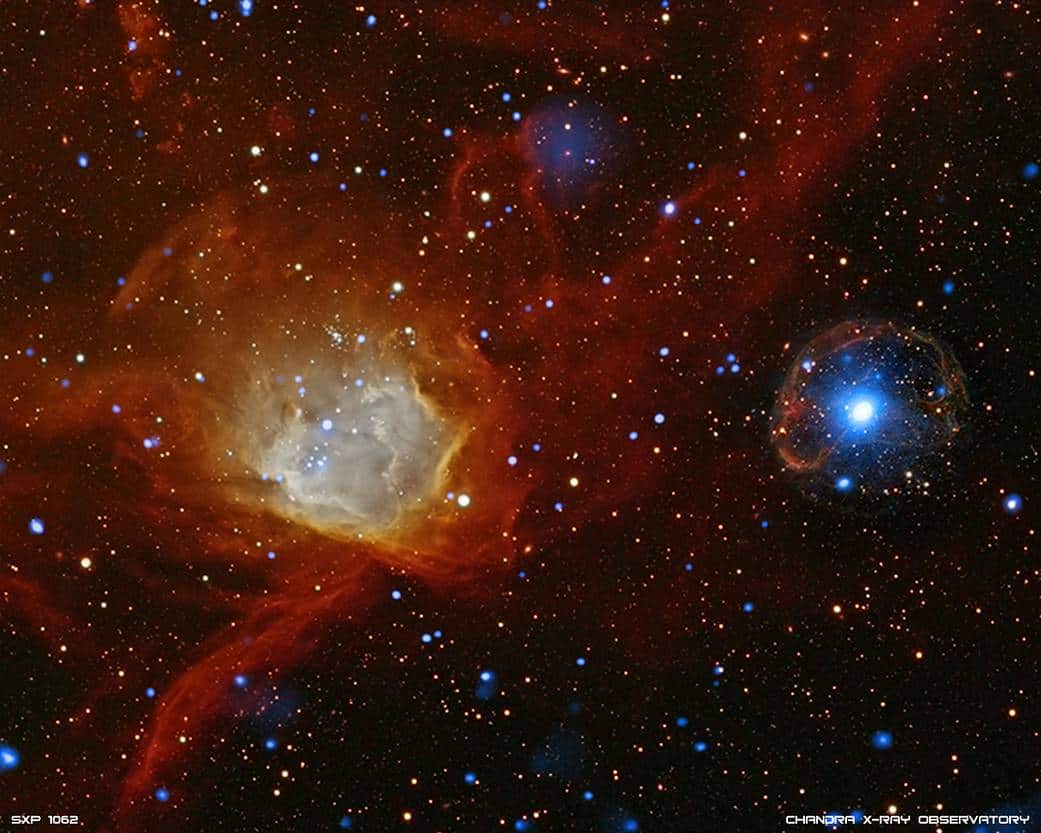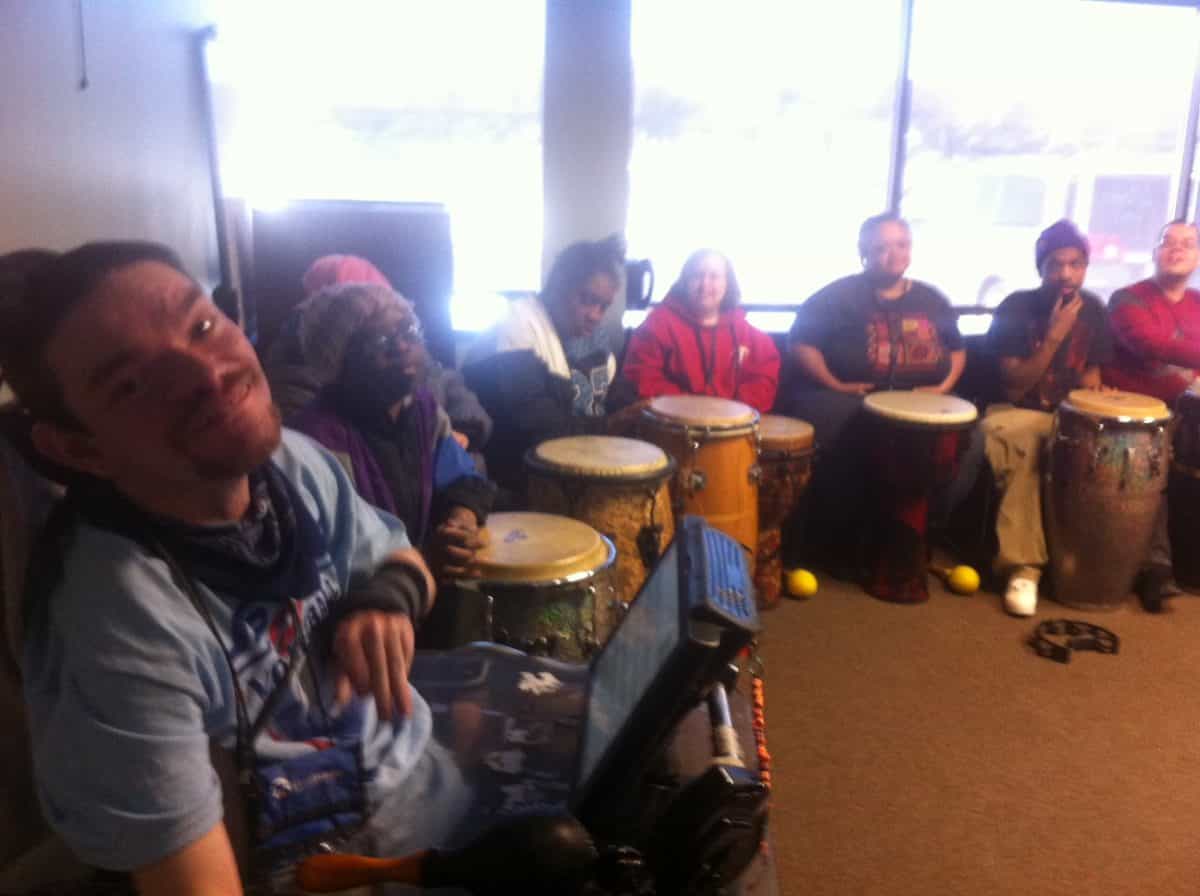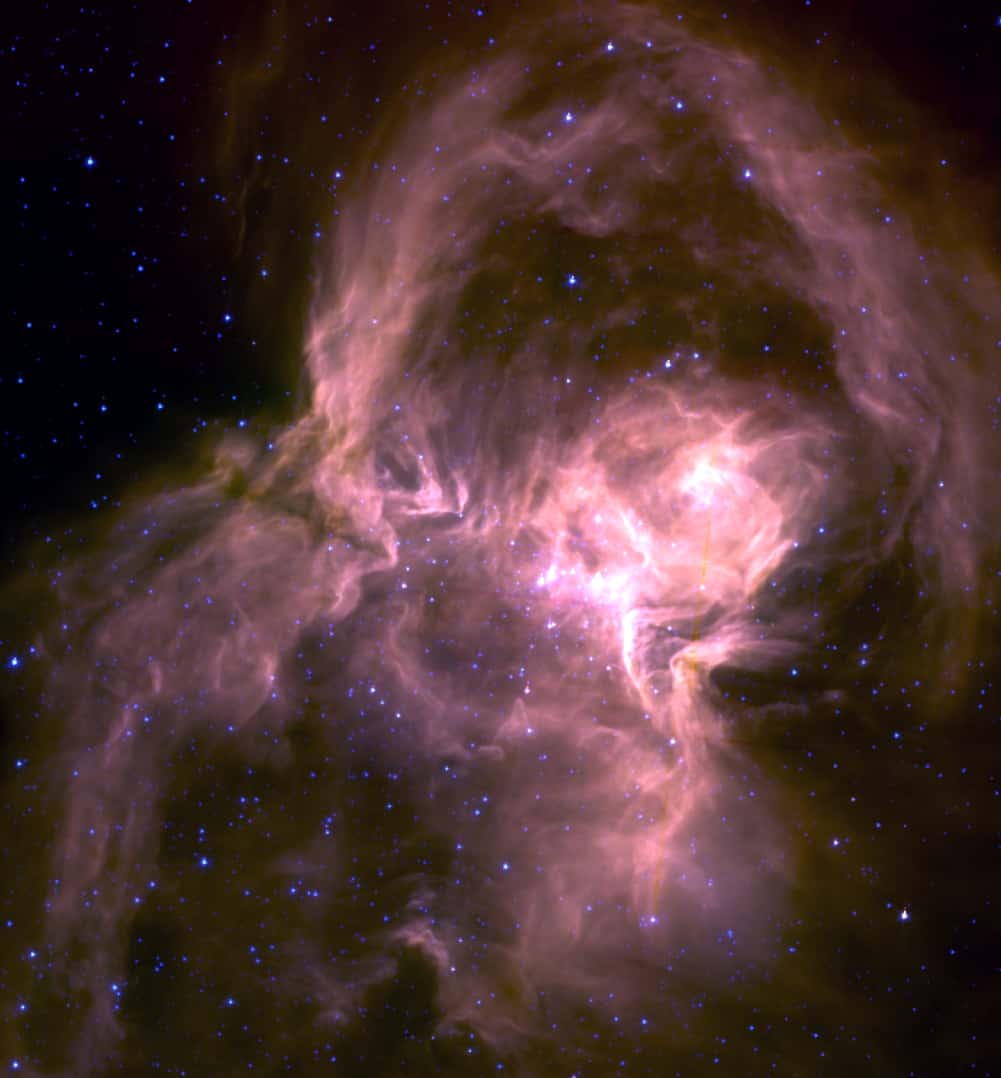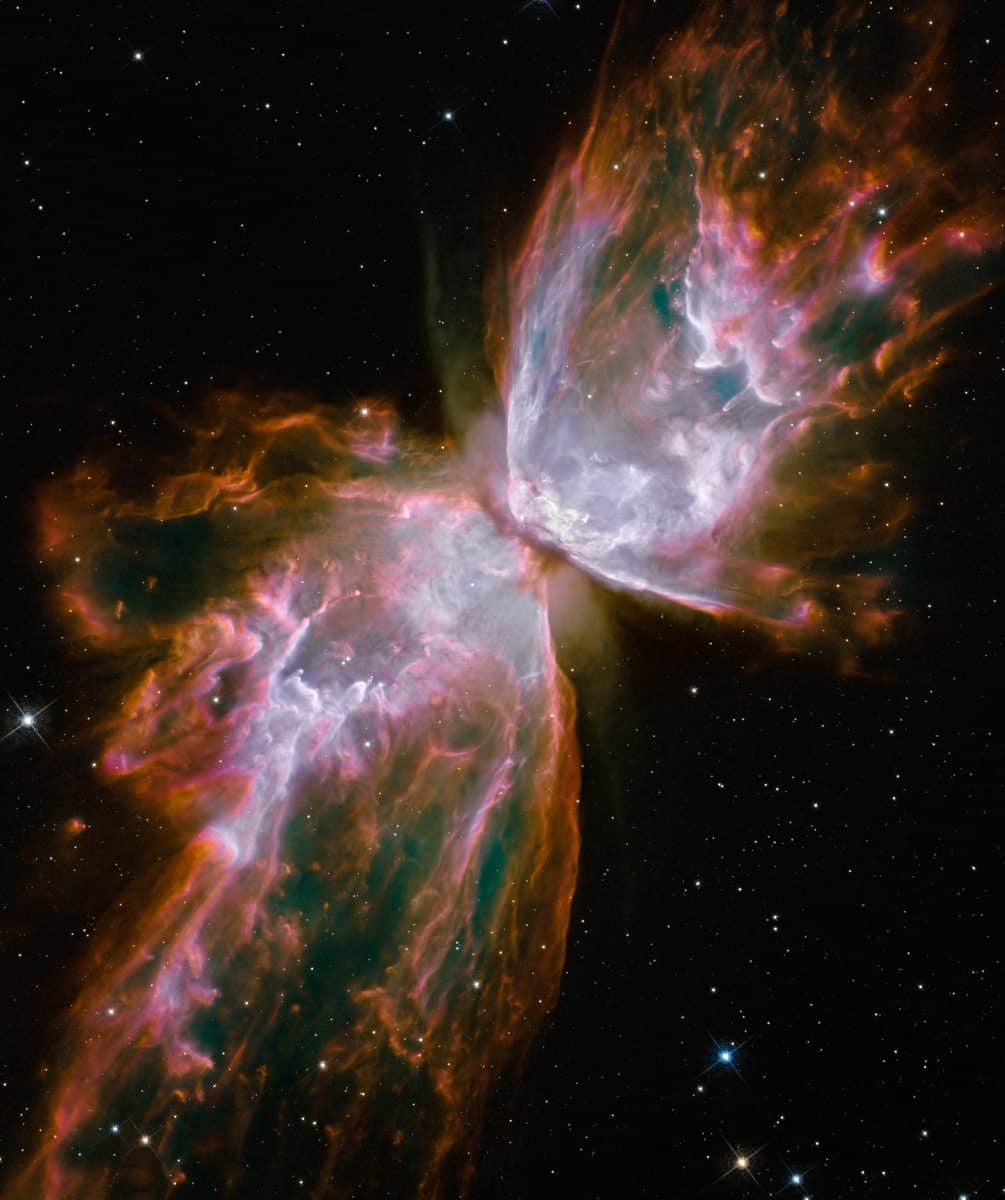Blog
James Blanton (October 5, 1918 – July 30, 1942) was an American jazz double bassist. Blanton is credited with being the originator of more complex pizzicato and arco bass solos in a jazz context than previous bassists.
Blanton was born in Chattanooga, Tennessee. He originally learned to play the violin, but took up the bass while at Tennessee State University, performing with the Tennessee State Collegians from 1936 to 1937, and during the vacations with Fate Marable.Blanton left university in 1938 to play full-time in St Louis with the Jeter-Pillars Orchestra. Blanton joined Duke Ellington‘s band in 1939. On November 22 of that year, Blanton and Ellington recorded two tracks – “Blues” and “Plucked Again” – which were the first commercially recorded piano–bass duets. Further duet recordings were made in 1940, and Blanton was also featured in orchestra tracks. “Blanton also took part in a few of the informal jam sessions at Minton’s Playhouse in New York that contributed to the genesis of the bop style.” He had to leave Ellington’s band near the end of 1941, because of poor health.
more...World Music on Flamenco Fridays with Miguel de los Reyes
Poco a poco Miguel de los Reyes consiguió montar su propio espectáculo y trabajar mano a manos con figuras consagradas como Concha Piquer o Estrellita Castro entre otros.
Igualmente montó el Ballet de Arte Español compuesto de cantaores, bailaoras, palmeros, y una gran cantidad de primeras figuras de artistas a los que él mismo dirigía, con gran refinamiento y disciplina, algo característico en él, sello que marcarían todos sus espectáculos. De entre ellos cabe destacar Suspiros de España, que en tres versiones diferentes dieron la vuelta al país con gran éxito.
En los años 50 y 60 se marcha a Argentina donde rueda varias películas como “El mucamo de la niña” o “La guitarra de Gardel” y “El amor brujo”, teniendo como pareja a Carmen Sevilla y Ana Esmeralda respectivamente.
more...Astronomers have discovered a very slowly rotating X-ray pulsar still embedded in the remnant of the supernova that created it. This unusual object was detected on the outskirts of the Small Magellanic Cloud, a satellite galaxy of the Milky Way, using data from a number of telescopes, including ESA’s XMM-Newton. A puzzling mismatch between the fairly young age of the supernova remnant and the slow rotation of the pulsar, which would normally indicate a much older object, raises interesting questions about the origin and evolution of pulsars.
The spectacular supernova explosion that marks the end of a massive star’s life also has an intriguing aftermath. On the one hand, the explosion sweeps up the surrounding interstellar material creating a supernova remnant that is often characterised by a distinctive bubble-like shape, on the other hand, the explosion also leaves behind a compact object – a neutron star or a black hole.
Since supernova remnants shine only for a few tens of thousands of years before dispersing into the interstellar medium, not many compact objects have been detected while still enclosed in their expanding shell.
An international team of astronomers has now discovered one of these rarely observed pairs, consisting of a strongly magnetised, rotating neutron star – a pulsar – surrounded by the remains of the explosion that generated it.
The newly found pulsar, named SXP 1062, is located at the outskirts of the Small Magellanic Cloud (SMC), one of the satellite galaxies of the Milky Way. SXP 1062 is an X-ray pulsar, part of a binary system in which the compact object is accreting mass from a companion star, resulting in the emission of copious amounts of X-rays.
The astronomers first detected the pulsar’s X-ray emission using data from ESA’s XMM-Newton as well as NASA’s Chandra space-based observatories. A later study of optical images of the source and its surroundings revealed the bubble-shaped signature of the supernova remnant around the binary system.
“The most interesting aspect of this pulsar is possibly its extremely long period – 1062 seconds – which makes it one of the slowest pulsars on record,” comments Lidia Oskinova from the Institute for Physics and Astronomy in Potsdam, Germany, coordinator of the team that analysed the X-ray data.
Pulsars rotate quite rapidly in their early stages, with periods of only a fraction of a second, and then slow down gradually with age. “Slowly spinning pulsars are particularly difficult to detect. Only a few with periods longer than a thousand seconds have been observed to date,” she adds.
To further investigate the binary system hosting this unusually slow pulsar, the team looked at the source at optical wavelengths, conducting follow-up observations with the European Southern Observatory’s Very Large Telescope (VLT) and inspecting archival and newly acquired images from the Cerro Tololo Inter-American Observatory (CTIO).
“The VLT spectra confirm that the pulsar is accreting mass from a massive, hot, blue ‘Be’ star. The two bodies form a Be/X-ray binary, a class of X-ray binary that’s very common in the SMC,” explains Vincent Henault-Brunet, PhD student at the Institute of Astronomy, University of Edinburgh, UK.
Henault-Brunet is the first author of a paper in which these results are reported. It will appear as a letter in the January 2012 issue of the Monthly Notices of the Royal Astronomical Society.
The result relies on the combined power of a number of complementary observatories.
“XMM-Newton’s large effective area was instrumental in achieving high-sensitivity observations of the pulsar and the supernova remnant around it over a broad range of X-ray wavelengths,” says Norbert Schartel, ESA’s XMM-Newton Project Scientist.
These data were combined with Chandra’s, which probe the source at a higher angular resolution, albeit with lower sensitivity, to arrive at a comprehensive picture of the pulsar’s X-ray emission.
The optical images, on the other hand, revealed the bubble-shaped nebula that harbours the binary system. This nebula appears to be the remnant of the supernova from which the pulsar itself originated.
“Not many pulsars have been observed within their supernova remnant, and this is the first clear example of such a pair in the SMC,” comments Henault-Brunet.
Opportunities like this enable astronomers to study the complex relationship between the expanding remains of stellar explosions and the compact objects they leave behind.
The case of SXP 1062 is particularly puzzling because of an apparent mismatch between the ages of the supernova remnant and that of the pulsar.
“Extremely slow rotation in pulsars normally points to old objects – something that doesn’t quite agree in this case with the fairly young age of the supernova remnant, which ranges between 20,000 and 40,000 years,” notes Oskinova.
The reason for the slow rotation of this pulsar remains a mystery: if it was born with a normal spin rate, how could it slow down to this extent in such a short time? Alternatively, was the pulsar born with a much slower rotation period than typically expected?
Since the pulsar is located in the Wing of the SMC, an interesting peripheral region of this galaxy that is characterised by low density of stars, gas and dust, as well as by low metallicity, the environment may have played a role by affecting the properties of the pulsar’s progenitor star before its demise in a supernova explosion.
The rich data set that this team of astronomers have gathered may yet contain an explanation for this peculiar case. “Our plan is to fully mine the X-ray data to study the system’s variability in greater detail, and further study the optical spectra to investigate the properties of the companion star,” says Oskinova. “We can’t wait to see what the data tell us.”
Notes for editors The findings presented here report the discovery of a Be/X-ray binary system consisting of a pulsar, SXP 1062, and a companion ‘Be’ star, 2dFS 3831, located in the Wing of the Small Magellanic Cloud (SMC).
The study is based on complementary data from ESA’s XMM-Newton and NASA’s Chandra X-ray observatories. XMM-Newton’s large effective area was key to high-sensitivity observations of the pulsar and supernova remnant over a broad range of X-ray wavelengths, while the Chandra data provide higher angular resolution, albeit at a lower sensitivity.
The Fibre Large Array Multi Element Spectrograph (FLAMES) on ESO’s Very Large Telescope was used for follow-up optical spectroscopy.
Archival images from the Magellanic Cloud Emission-Line Survey (MCELS) conducted at NOAO’s Cerro Tololo Inter-American Observatory, as well as newly acquired images, were also used to study this portion of the sky in a number of emission lines: the H-alpha line of neutral hydrogen and two forbidden lines of oxygen [OIII] and sulphur [SII]. These lines trace emission from some of the elements produced during supernova explosions, making them excellent diagnostic tools for the study of supernova remnants.
An X-ray pulsar is one component of a binary system where the X-ray emission is produced by accretion of matter from the stellar companion onto the pulsar. Such pulsars generally have longer periods – typically between 1 and several hundred seconds – than the more common radio pulsars.
Neutron star X-ray binaries are classified into high-mass X-ray binaries (HMXB) and low-mass X-ray binaries (LMXB) depending on the mass of the companion star. HMXB are further divided into supergiant X-ray binaries (SGXB) and Be/X-ray binaries (BeXB). Be/X-ray binaries consist of a neutron star and a ‘Be’ companion star – a B-type star characterised by prominent hydrogen emission lines in its spectrum. Virtually all known Be/X-ray binaries harbour X-ray pulsars.
The SMC, a satellite galaxy of the Milky Way, is known to host about 50 HMXB – a surprisingly large population considering that its mass is only a few per cent of that of the Milky Way, in which about 70 HMXB are known to exist to date. All but one of the HMXB detected in the SMC are BeXB.
more...Edgar “Eddie” Gómez (born October 4, 1944) is a jazz double bassist born in Santurce, Puerto Rico, known for his work with the Bill Evans Trio from 1966 to 1977.
Gómez emigrated with his family from Puerto Rico at a young age to New York, where he was raised. He started on double bass in the New York City school system at the age of eleven and at age thirteen went to the New York City High School of Music & Art. He played in the Newport Festival Youth Band (led by Marshall Brown) from 1959 to 1961, and graduated from Juilliard in 1963.
His résumé includes performances with jazz giants such as Miles Davis, Dizzy Gillespie, Gerry Mulligan, John Coltrane, New York Art Quartet, Benny Goodman, Buck Clayton, Ahmad Jamal, Bill Bruford, Scott LaFaro, Marian McPartland, Paul Bley, Michael Brecker, Wayne Shorter, Steps Ahead, Steve Gadd, Ron Carter, Jeremy Steig, Herbie Hancock, Tony Williams, Al Foster, Chick Corea, Mark Kramer, Eugenio Toussaint and Carli Muñoz. Time lauded, “Eddie Gómez has the world on his strings.”[citation needed] He spent a total of eleven years with the Bill Evans Trio, which included performances in the United States, Europe and Asia, as well as dozens of recordings. Two of the Trio’s recordings won Grammy awards. In addition, Gómez was a member of the Manhattan Jazz Quintet.
more...Steve Swallow (born October 4, 1940) is a jazz bassist and composer noted for his collaborations with Jimmy Giuffre, Gary Burton, and Carla Bley.He was one of the first jazz double bassists to switch entirely to electric bass guitar
Born in Fair Lawn, New Jersey, Swallow studied piano and trumpet, as a child, before turning to the double bass at age 14. While attending a prep school, he began trying his hand in jazz improvisation. In 1960, he left Yale, where he was studying composition, and settled in New York City, playing at the time in Jimmy Giuffre‘s trio along with Paul Bley. After joining Art Farmer‘s quartet in 1963, Swallow began to write. It is in the 1960s that his long-term association with Gary Burton‘s various bands began.
In the early 1970s, Swallow switched exclusively to electric bass guitar, of which he prefers the five-string variety. Along with Monk Montgomery and Bob Cranshaw, Swallow was among the first jazz bassists to do so (with much encouragement from Roy Haynes, one of Swallow’s favorite drummers). He plays with a pick (made of copper by Hotlicks), and his style involves intricate solos in the upper register; he was one of the early adopters of the high C string on a bass guitar.
https://www.youtube.com/watch?v=VSnNlX2J7LA
more...Amos Leon Thomas, Jr. (October 4, 1937 – May 8, 1999) was an American avant-garde jazz singer from East St. Louis, Illinois.
Thomas studied music at Tennessee State University. In the 1960s he was a vocalist for Count Basie, among others.
In 1969, he released his first solo album for Bob Thiele‘s Flying Dutchman label. Thomas is best known for his work with Pharoah Sanders, particularly the 1969 song “The Creator Has a Master Plan” from Sanders’ Karma album. Thomas’s most distinctive device was that he often broke out into yodeling in the middle of a vocal. This style has influenced singers James Moody, Tim Buckleyand Bobby McFerrin, among others. He said in an interview that he developed this style after he fell and broke his teeth before an important show. Some of the vocal style is classified as ‘jive singing’. (Ref: Leon Thomas Blues Band album).
more...Westerhout 40 or W40 (also designated Sharpless 64, Sh2-64, or RCW 174) is a star-forming region in our galaxy located in the constellation Serpens Cauda. In this region, interstellar gas forming a diffuse nebula surrounds a cluster of several hundred new-born stars.The distance to W40 is 436±9 pc (1420±30 light-years), making it one of the closest sites of formation of high-mass O- and B-type stars. The Ionizing radiationfrom the massive OB stars has created an H II region, which has an hour-glass morphology.
Dust from the molecular cloud in which W40 formed obscures the nebula, rendering W40 difficult to observe at visible wavelengths of light. Thus, X-ray, infrared, and radio observations have been used to see through the molecular cloud to study the star-formation processes going on within.
W40 appears near to several other star-forming regions in the sky, including an infrared dark cloud designated Serpens South and a young stellar cluster designated the Serpens Main Cluster. Similar distances measured for these three star-forming regions suggests that they are near to each other and part of the same larger-scale collection of clouds known as the Serpens Molecular Cloud.
more...Stephen Ray Vaughan (October 3, 1954 – August 27, 1990) was an American musician, singer, songwriter, and record producer, and one of the most influential guitarists in the revival of blues in the 1980s.
Vaughan was born and raised in Dallas, Texas. He began playing guitar at the age of seven, inspired by his older brother Jimmie. He dropped out of high school in 1971 and moved to Austin the following year. He played gigs with numerous bands, earning a spot in Marc Benno‘s band the Nightcrawlers and later with Denny Freeman in the Cobras, with whom he continued to work through late 1977. He then formed his own group Triple Threat Revue, but he renamed them Double Trouble after hiring drummer Chris Layton and bassist Tommy Shannon. He gained fame after his performance at the Montreux Jazz Festival in 1982, and his debut studio album Texas Flood charted at number 38 in 1983, a commercially successful release that sold over half a million copies. He headlined concert tours with Jeff Beck in 1989 and Joe Cocker in 1990, but he died in a helicopter crash on August 27, 1990 at the age of 35. It was 36 days before his 36th birthday.
Vaughan received several music awards during his lifetime and posthumously. In 1983, readers of Guitar Player voted him Best New Talent and Best Electric Blues Guitar Player. In 1984, the Blues Foundation named him Entertainer of the Year and Blues Instrumentalist of the Year, and in 1987, Performance Magazine honored him with Rhythm and Blues Act of the Year. He won six Grammy Awards and ten Austin Music Awards and was inducted posthumously into the Blues Hall of Fame in 2000 and the Musicians Hall of Fame in 2014. Rolling Stone ranked him as the 12th greatest guitarist of all time. In 2015, Vaughan and Double Trouble were inducted into the Rock and Roll Hall of Fame.
more...Earle Lavon “Von” Freeman Sr. (October 3, 1923 – August 11, 2012) was an American hard bop jazz tenor saxophonist.
Born in Chicago, Illinois, Freeman as a young child was exposed to jazz. His father, George, a city policeman, was a close friend of Louis Armstrongwith Armstrong living at the Freeman house when he first arrived in Chicago.
Freeman’s father taught him to play piano and bought him his first saxophone when he was seven. His musical education was furthered at DuSable High School, where his band director was Walter Dyett. Freeman began his professional career at the age of 16 in Horace Henderson‘s Orchestra.
Freeman enlisted into the Navy during World War II and was trained at Camp Robert Smalls in Chicago. “All the great musicians ended up at Great Lakes”, he recalled. “It was an incubator for the best and the brightest lights in the jazz world at that time, and the musical jam sessions were simply phenomenal.” After training, he was sent to Hawaii as part of the Hellcats stationed at Barbers Point Naval Air Station in a band that starred Harry “Pee Wee” Jackson, the trumpeter from Cleveland whose nickname was Gabriel. The Hellcats were frequent winners of the islands’ competitive Battle of the Bands competitions and included musicians who had formerly played in bands fronted by Duke Ellington, Fletcher Henderson, Ella Fitzgerald, Lucky Millinder, Les Hite, Count Basie, Fats Waller, and Tiny Bradshaw.
more...
NGC 6302
Butterfly Emerges from Stellar Demise in Planetary Nebula NGC 6302
This celestial object looks like a delicate butterfly. But it is far from serene.
What resemble dainty butterfly wings are actually roiling cauldrons of gas heated to more than 36,000 degrees Fahrenheit. The gas is tearing across space at more than 600,000 miles an hour — fast enough to travel from Earth to the moon in 24 minutes!
A dying star that was once about five times the mass of the Sun is at the center of this fury. It has ejected its envelope of gases and is now unleashing a stream of ultraviolet radiation that is making the cast-off material glow. This object is an example of a planetary nebula, so-named because many of them have a round appearance resembling that of a planet when viewed through a small telescope.
The Wide Field Camera 3 (WFC3), a new camera aboard NASA’s Hubble Space Telescope, snapped this image of the planetary nebula, catalogued as NGC 6302, but more popularly called the Bug Nebula or the Butterfly Nebula. WFC3 was installed by NASA astronauts in May 2009, during the servicing mission to upgrade and repair the 19-year-old Hubble telescope.
NGC 6302 lies within our Milky Way galaxy, roughly 3,800 light-years away in the constellation Scorpius. The glowing gas is the star’s outer layers, expelled over about 2,200 years. The “butterfly” stretches for more than two light-years, which is about half the distance from the Sun to the nearest star, Alpha Centauri.
The central star itself cannot be seen, because it is hidden within a doughnut-shaped ring of dust, which appears as a dark band pinching the nebula in the center. The thick dust belt constricts the star’s outflow, creating the classic “bipolar” or hourglass shape displayed by some planetary nebulae.
The star’s surface temperature is estimated to be about 400,000 degrees Fahrenheit, making it one of the hottest known stars in our galaxy. Spectroscopic observations made with ground-based telescopes show that the gas is roughly 36,000 degrees Fahrenheit, which is unusually hot compared to a typical planetary nebulae.
The WFC3 image reveals a complex history of ejections from the star. The star first evolved into a huge red-giant star, with a diameter of about 1,000 times that of our Sun. It then lost its extended outer layers. Some of this gas was cast off from its equator at a relatively slow speed, perhaps as low as 20,000 miles an hour, creating the doughnut-shaped ring. Other gas was ejected perpendicular to the ring at higher speeds, producing the elongated “wings” of the butterfly-shaped structure. Later, as the central star heated up, a much faster stellar wind, a stream of charged particles travelling at more than 2 million miles an hour, plowed through the existing wing-shaped structure, further modifying its shape.
The image also shows numerous finger-like projections pointing back to the star, which may mark denser blobs in the outflow that have resisted the pressure from the stellar wind.
The nebula’s outer edges are largely due to light emitted by nitrogen, which marks the coolest gas visible in the picture. WFC3 is equipped with a wide variety of filters that isolate light emitted by various chemical elements, allowing astronomers to infer properties of the nebular gas, such as its temperature, density, and composition.
The white-colored regions are areas where light is emitted by sulfur. These are regions where fast-moving gas overtakes and collides with slow-moving gas that left the star at an earlier time, producing shock waves in the gas (the bright white edges on the sides facing the central star). The white blob with the crisp edge at upper right is an example of one of those shock waves.
more...Gordon Matthew Thomas Sumner CBE (born 2 October 1951), known as Sting, is an English singer, songwriter, and actor. He was the principal songwriter, lead singer, and bassist for the new wave rock band the Police from 1977 to 1985, and launched a solo career in 1986.
He has included elements of rock, jazz, reggae, classical, new-age and worldbeat in his music. As a solo musician and a member of the Police, he has received 16 Grammy Awards (his first in the category of best rock instrumental in 1980, for “Reggatta de Blanc”), three Brit Awards, including Best British Male in 1994 and Outstanding Contribution in 2002, a Golden Globe, an Emmy and four nominations for the Academy Award for Best Original Song. In 2002, he received the Ivor Novello Award for Lifetime Achievement from the British Academy of Songwriters, Composers and Authors and was also inducted into the Songwriters Hall of Fame. He was inducted into the Rock and Roll Hall of Fame as a member of the Police in 2003. In 2000, he received a star on the Hollywood Walk of Fame for recording. In 2003, Sting received a CBE from Elizabeth II at Buckingham Palace for services to music. He was made a Kennedy Center Honoree at the White House in 2014, and was awarded the Polar Music Prize in 2017.
more...Howard Roberts (October 2, 1929 – June 28, 1992) was an American jazz guitarist, educator, and session musician.
Roberts was born in Phoenix, Arizona, and began playing guitar at the age of 8. By the time he was 15 he was playing professionally locally.
In 1950, he moved to Los Angeles, California. With the assistance of Jack Marshall, he began working with musicians, arrangers and songwriters including Neal Hefti, Henry Mancini, Bobby Troup, Chico Hamilton, George Van Eps, and Barney Kessel. Around 1956, Bobby Troup signed him to Verve Records as a solo artist. At that time he decided to concentrate on recording, both as a solo artist and a Wrecking Crew session musician, a direction he would continue until the early 1970s.
Roberts played rhythm and lead guitar, bass guitar, and mandolin. He was known for his heavy use of the Gibson L-5 guitar in the studio and for television and movie projects, including lead guitar on the theme from The Twilight Zone as well as acoustic and electric guitar on I Love Lucy, The Munsters, Bonanza, The Brady Bunch, Gilligan’s Island, Green Acres, Get Smart, Batman, Beverly Hillbillies, Andy Griffith, Peter Gunn, Lost in Space, Dragnet, Wild Wild West, Mission: Impossible, The Odd Couple, Dick Van Dyke, I Dream of Jeannie, and the theme for the film Bullitt.
https://www.youtube.com/watch?v=tIOiYy-GPFA
more...More Posts
- World Music with Lingua Franca Ensemble
- Daily Roots with Bunny Wailer
- The Cosmos with NGC 2736
- Mulgrew Miller Day
- George Shearing Day
- World Music with Tabanka
- Daily Roots with Prodigal Creator
- The Cosmos with Meteor M31
- Pat Metheny Day
- Papa Joe Jones Day
- World Music with Elle Márjá Eira
- Daily Roots with Stranger Cole
- The Cosmos with NGC 6357
- Vikku Vinayakram Day
- Bruz Freeman Day
- World Music with the Bushmen & Himba
- Daily Roots with the Dynamics
- World Music with Francisco Tarrega
- The Cosmos with IC 4406
- FRIDOLijN Day




